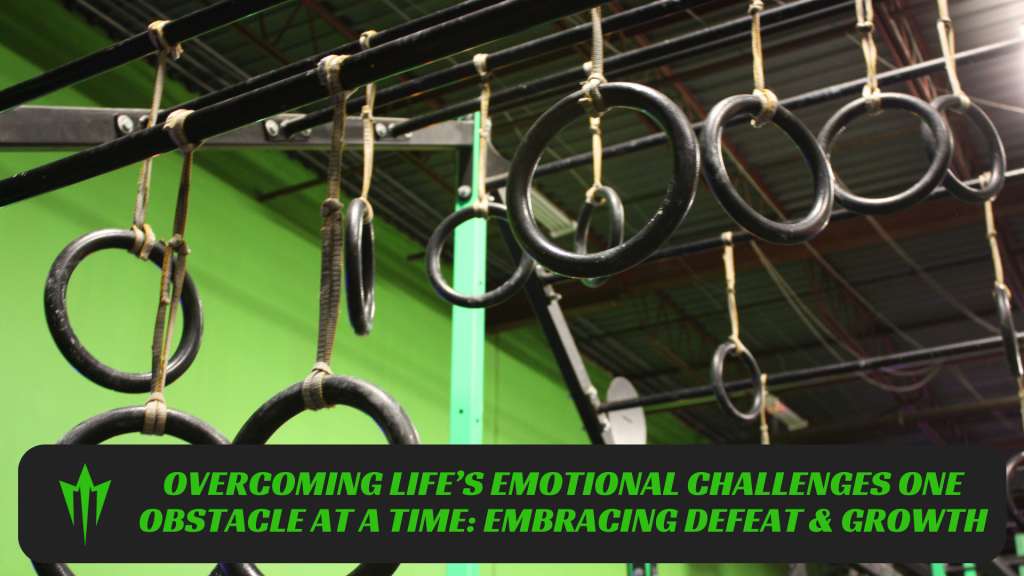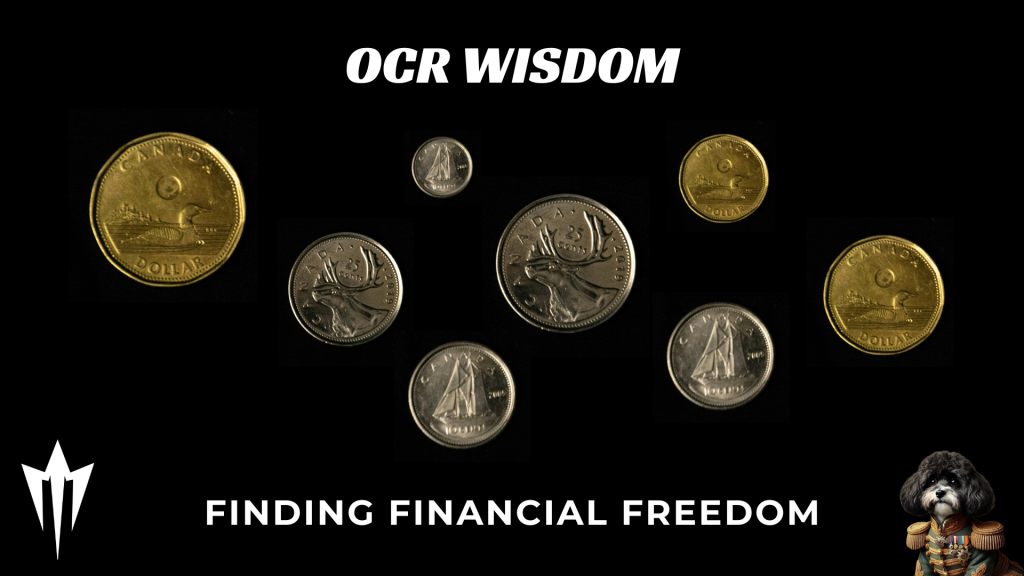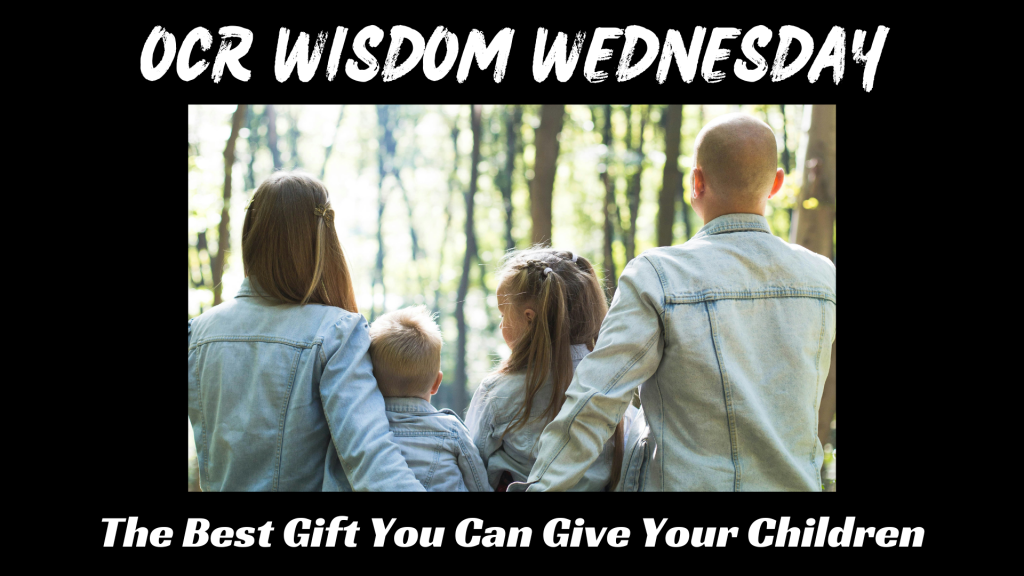Life is full of obstacles, and sometimes, despite our best efforts, we don’t achieve the success we had hoped for. Megan Devine emphasizes in her book “It’s Okay That You’re Not Okay” the importance of accepting our emotions and understanding that it’s perfectly normal to not always feel okay. This message is crucial for adults, parents, and children alike as we navigate the ups and downs of life.
The Obstacle Course Race: A Metaphor for Life’s Challenges
So you just finished your Spartan Race. You’ve trained for weeks, envisioning yourself crossing the finish line with a triumphant smile. But on race day, things don’t go as planned. You struggle with some of the obstacles, fall behind, and finish much later than you expected. You feel a mix of disappointment, frustration, and even embarrassment.
In moments like these, it’s important to remember that feeling upset is a natural response. Megan Devine’s work teaches us that it’s okay to sit with those emotions and acknowledge them. Pretending they don’t exist or trying to force ourselves to feel differently can be more damaging in the long run.
Why It’s Okay to Not Be Okay
1. Emotions are Valid: Every emotion you feel, whether it’s joy or sorrow, is valid. They are a reflection of your experiences and your humanity. In “It’s Okay That You’re Not Okay,” Devine encourages us to honor our emotions, no matter how uncomfortable they may be.
2. Growth Comes from Struggle: When we face defeat or disappointment, we often learn more about ourselves than we do from our successes. The obstacle course race that didn’t go as planned can teach us resilience, patience, and the importance of preparation. These lessons are invaluable for both adults and children as they navigate their own challenges.
3. The Journey Matters: Success is not always measured by the outcome but by the journey itself. Completing the race, regardless of the time it took or the obstacles you struggled with, is an achievement. Celebrating the effort and dedication put into the process is crucial.
Moving Forward After a Setback
It’s essential to recognize that while it’s okay to feel disappointed, making decisions about your future based on those negative emotions can be unwise. When we’re in the throes of disappointment, our perspective can be skewed, and we might make choices we later regret. Instead, give yourself time to process and reflect.
1. Take a Pause: After a setback, take a moment to breathe and acknowledge your feelings. Whether you’re an adult dealing with work stress, a parent navigating family challenges, or a child facing school difficulties, giving yourself this space is vital.
2. Reflect and Learn: Look back at what happened. What can you learn from this experience? How can you apply these lessons in the future? This reflection can turn a negative experience into a powerful learning opportunity.
3. Set Realistic Goals: Once you’ve processed your emotions and reflected on your experience, set new, realistic goals. Understand that progress is often incremental and that every step, no matter how small, is a step forward.
Teaching Children About Resilience
As parents and caregivers, it’s important to model these behaviors for children. When they see you acknowledging your emotions and using setbacks as learning opportunities, they learn to do the same. Encourage open conversations about feelings and emphasize that it’s okay to not be okay.
For example, if your child didn’t do as well as they hoped at this years Spartan Race, acknowledge their feelings. Say, “I can see you’re really upset about this. It’s okay to feel this way. What do you think you can learn from this experience?” This approach not only validates their emotions but also helps them develop a growth mindset.
In life, we will face many obstacle course races, some of which we will conquer and others where we may stumble. Megan Devine’s “It’s Okay That You’re Not Okay” reminds us that it’s perfectly normal to feel upset when things don’t go our way. By accepting our emotions, reflecting on our experiences, and setting new goals, we can turn our setbacks into opportunities for growth. This mindset is essential for adults, parents, and children as we all navigate the unpredictable journey of life.



